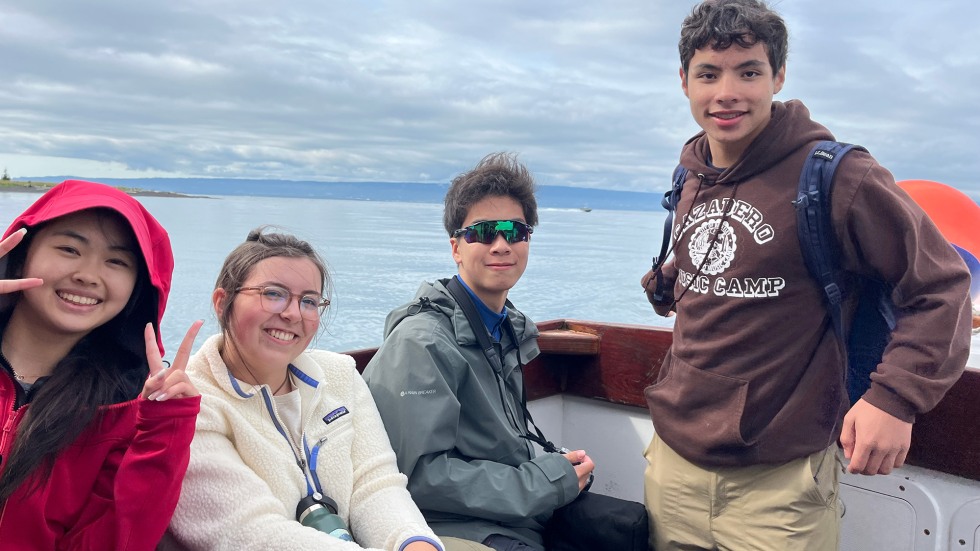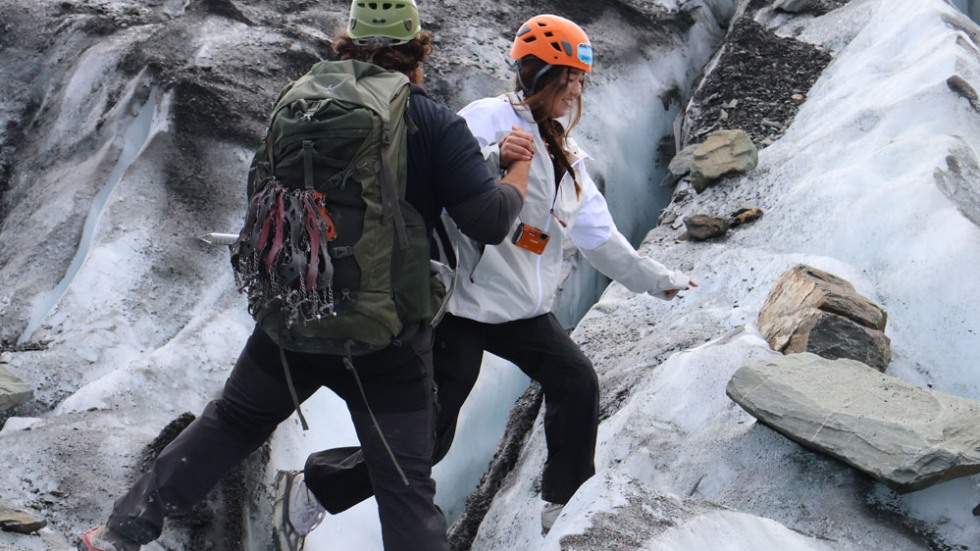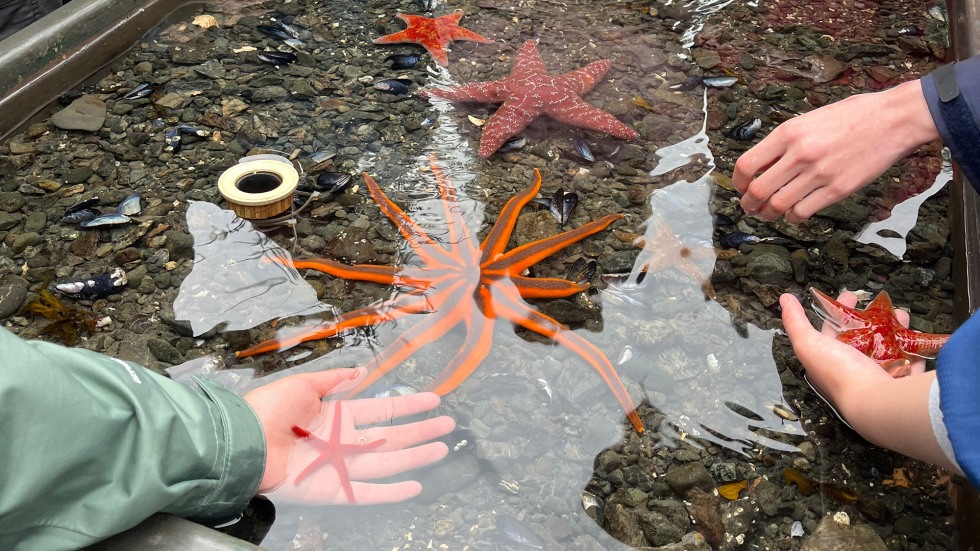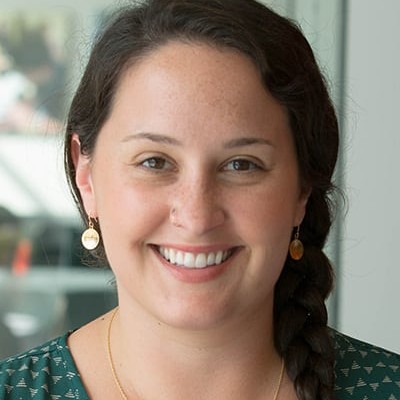The 2026 BELL Alaska Program has reached capacity. Admitted students may choose to join the waitlist for this course if they would like to be offered a spot should one become available. You may also choose to enroll in any other available course or program in the 2026 Course Catalog provided that you meet the age and grade requirements.
 The Brown Environmental Leadership Lab (BELL) combines concepts in environmental studies, ecology and leadership, with a mission of developing socially responsible leaders. At BELL, you’ll embark on a journey of learning and reflection while building community with fellow student environmentalists in your program.
The Brown Environmental Leadership Lab (BELL) combines concepts in environmental studies, ecology and leadership, with a mission of developing socially responsible leaders. At BELL, you’ll embark on a journey of learning and reflection while building community with fellow student environmentalists in your program.
Experience the Land of the Midnight Sun for two spectacular weeks, where you’ll investigate the impacts of climate change on culture and the environment while learning about socially responsible leadership.
BELL Alaska courses change each year to highlight the state’s unique ecosystems and perspectives. Your Alaskan adventure will be based in Anchorage, where you’ll have the unique opportunity to learn about Alaskan history from an Alaska Native perspective. You will spend time learning about Alaska’s important cultural and ecological history at local site visits to the Anchorage Museum and Alaska Native Heritage Center, as well as day trips to nearby towns for visits to places like the breathtaking Matanuska Glacier. Some site visits will include all BELL Alaska students, while others will be tailored to individual courses, connecting classroom learning and discussion with hands-on, in-person experiences.
Over the course of your BELL experience, you’ll also identify a pressing issue that you’re passionate about. With support from instructors and peers, you’ll develop an Action Plan to apply your new leadership knowledge to this issue when you return home.




